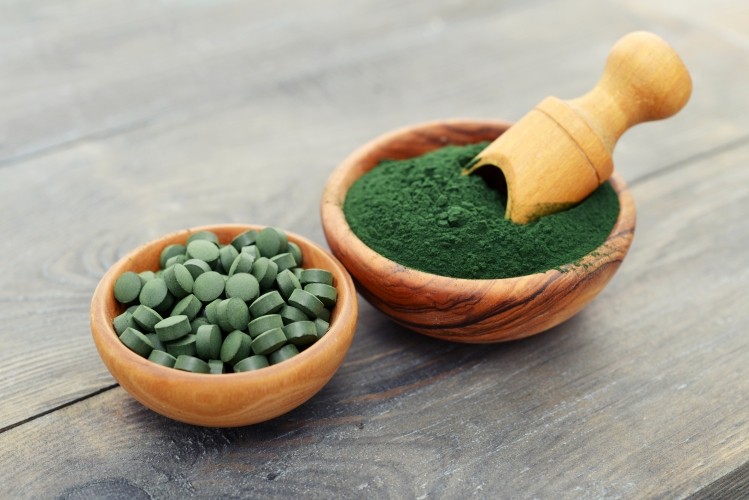Spirulina supplements may boost immune function in elite athletes

It is well-known that high-intensity training and prolonged exercise can severely affect immune responses and athletic performance, as well as having a negative impact on general health.
Studies show that intense and long-duration sport reduces the ratio of immune cells and decreases monocytes that manage adaptive immune responses and stimulate tissue repair functions.
“Abnormal changes in the ratio of immune cells are often regarded as a representation that is symptomatic of immune dysfunction. Many athletes are plagued by similar problems,” explained scientists from Ningbo University in China reported that in Nutrients.
As a result, athletes often take supplements to maintain health and speed up recovery. Natural therapies have gained prominence to avoid doping violations, but also because they have high bioavailability and better efficacy than synthetic options.
Immune regulation
Spirulina is increasingly popular as it has proven immune regulatory benefits. It contains gamma-linolenic acid and phycocyanin, both known to modulate the immune system.
Researchers speculate that antioxidative and oxygen-free radical scavenging properties of phycocyanin may by the linchpin to this activity, however there is limited evidence on effects in humans and few studies have used immune cells to measure activity, the authors say.
Immune (leucocyte) cells comprise five subtypes (monocytes, eosinophils, neutrophils, basophils, and lymphocytes) and are the basic functional units of the immune system, fighting infections and foreign organisms.
Monocytes are the largest type of leukocyte and crucial to normal immune functionality; lymphocytes identify antigens, and granulocytes (neutrophil, eosinophil, basophil) ingest foreign substances and participate in allergic reactions.
“The immune cells maintaining themselves in a clinical reference range means the immune system is in good health,” the authors explain.
Leucocytes activity is often used by team doctors and coaches to understand the health condition of athletes and, as such, researchers used cell subtypes to observe the effect of spirulina supplementation on changes in immune function in young athletes.
Study design
The randomized, double-blind study involved 39 college football players training for the 16th Universities Games in Zhejiang Province league.
Participants were split into the supplement (SP) or placebo group (PG) and supplied with a daily dose of 3g spirulina extract (6 x 500mg tablets), provided by Lijiang Chenghai Bao Biological Development, or the placebo, comprising a hollow capsule made from edible starch. Supplementation were administered at 8am, 2pm and 8pm for eight weeks.
A blood sample was taken from each participant 41 days after training began and 24-hours prior to a training session, and a second sample collected eight weeks later, 24-hours after final training. Athletes trained for 150 minutes per day, with a rest day on Sunday.
Coaches used heart bands to monitor training intensity and Statistical Package for the Social Sciences (SPSS) data analysis software for statistical analysis.
Stabilising effect
Researchers observed changes in immune cells following eight-weeks of training with both leukocytes and the ratio of monocytes significantly lower in the PB, which could be a sign of body damage, they say.
“Monocytes gather in the infected tissue within eight to 12 hours in the presence of inflammatory signals. Therefore, its decline might be adverse to immunity.”
Notably, spirulina was found to inhibit changes in immune cells of SP subjects, “which may be helpful in improving athletes’ immunity and resistance to pathogen infection”, they assert.
Changes in basophils were insignificant in the SP group but were considerably higher than in the PB, suggesting supplementation regulated the immune cell ratio.
There were no significant changes to other parameters, with the exception of substantial increases in eosinophils in the SP group, also found in other studies. Moreover, alterations in the ratio of neutrophils and lymphocytes in participating subjects were not statistically significant.
Indications therefore suggest that “spirulina has a positive effect on rapid onset allergies and responses to parasites or pathogenic bacterium, aiding in the improvement of immune regulation,” the authors conclude.
Source: Nutrients
Published online, October 17, 2022: http://doi.org/10.3390/nu14204346
‘Effects on Spirulina Supplementation on Immune Cells’ Parameters of Elite College Athletes’
Authors: Y. Zhang, et al












